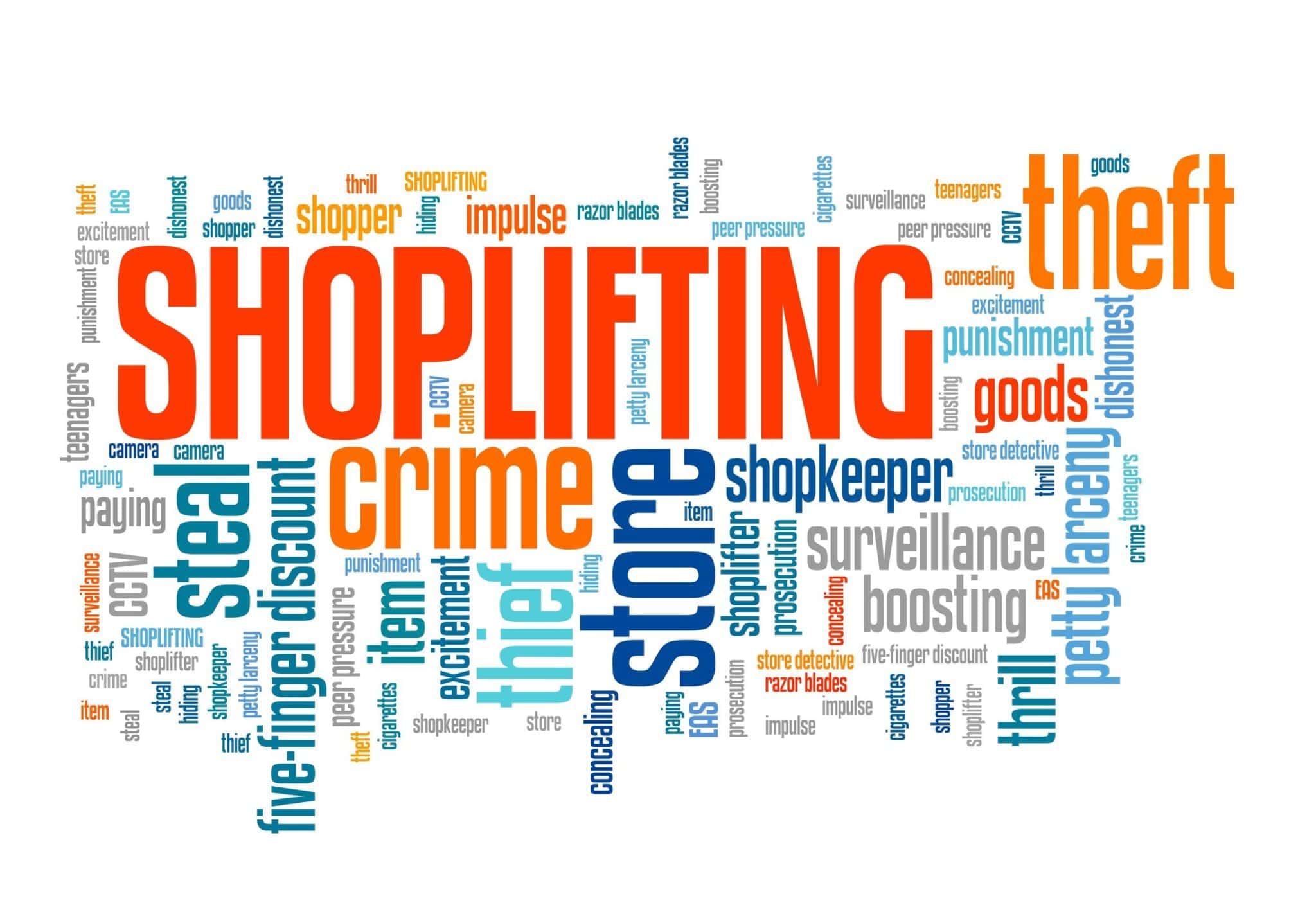
Getting caught stealing a single small item from a store probably doesn’t seem like a big deal – and if it’s the only thing you’ve ever stolen, that’s probably true. There are a number of options out there for first time offenders that can minimize the charges and penalties you face.
Moreover, penalties in Minnesota are prescribed according to the value of the items that were taken. In other words, a single small item that doesn’t cost much has fairly light penalties attached. At least comparatively.
If you’re like a lot of people who shoplift, though, the single small item you got caught for may not be the only thing you’ve stolen. What if the authorities discover other stolen items from other times you’ve shoplifted? Can those be lumped into your charge?
Yep. Here’s how it works.
Shoplifting Is an Aggregated Crime in Minnesota
Shoplifting falls under the category of theft under Minnesota law, but it can involve more than physically taking items from a store without paying. Specifically, shoplifting applies to switching price tags, changing packaging, concealing an item, or leaving a store without paying. In other words, there are a number of different ways to shoplift, and some actions you might have even taken without realizing that they technically qualify as retail theft.
This matters, because as we touched on above, Minnesota theft law states that when an individual shoplifts more than once in a six-month period, the sentence may be aggregated. This means that the combined value of the items in separate incidents will determine the penalties along a point system used by the courts.
For example, if someone has two incidents of shoplifting $800 in items within a six-month period, they will face charges based on the full $1600 value. In terms of charges, this means dealing with a felony rather than two misdemeanor charges.
That’s a big deal.
Breaking Down the Consequences for Minnesota Retail Theft
Here is a general overview of how the penalties apply.
- Total value less than $500: Misdemeanor charge, maximum 90 days in jail, maximum fine of $1,000
- Total value between $500 and $1,000: Gross misdemeanor charge, maximum one year in jail, maximum fine of $3,000
- Total value between $500 and $1,000 and prior theft conviction within past five years: Felony charge, maximum five years in prison, maximum fines of $10,000
- Total value between $1,000 and $5,000: Felony charge, maximum five years in prison, maximum fines of $10,000
- Total value between $5,000 and $35,000, or if items include explosives or controlled substances other than marijuana: Felony charge, maximum 10 years in prison, maximum fine of $20,000
- Total value over $35,000 or if items include a firearm of any value: Felony charge, maximum 20 years in prison, maximum fine of $100,000
- Possession of shoplifting gear: Felony charge, maximum three years in prison, maximum fine of $5,000, or both
In addition to these penalties, the merchant can sue for the retail value of the items along with damages of either $50 or up to 100 percent of retail value, whichever is greater. If the individual convicted of shoplifting is a minor under 18 and living at home, the parents or guardians will be held liable for up to $1,000 in damages.
Understand Your Options If Charged in Minnesota

For individuals with a first-time shoplifting offense, diversion programs may be available. These programs include classes, counseling, restitution, and community service, and can be used in exchange for traditional penalties. If a diversion program is completed, the courts will drop the shoplifting charges.
Another option is accepting a plea bargain. A prosecutor may be willing to offer a lighter sentence if a guilty plea is filed. However, an experienced defense attorney will know which defenses may be able to get your charges dropped. You may have been mistaken for another person, or you may have placed an item back on the shelf before leaving a store. You may qualify for a diversion program.
Contact us today to learn about your options and how we can help you fight your charges.
About the Author:
Christopher Keyser is a Minneapolis-based criminal and DWI defense attorney known for fighting aggressively for his clients and utilizing innovative tactics to get the most positive results. He has been featured in numerous media outlets due to the breadth and depth of his knowledge, and recognized as a Minnesota Super Lawyers Rising Star (2014–2015), a Top 100 Trial Lawyer (2013–2015), and a Top 40 Under 40 Attorney (2013–2015).





